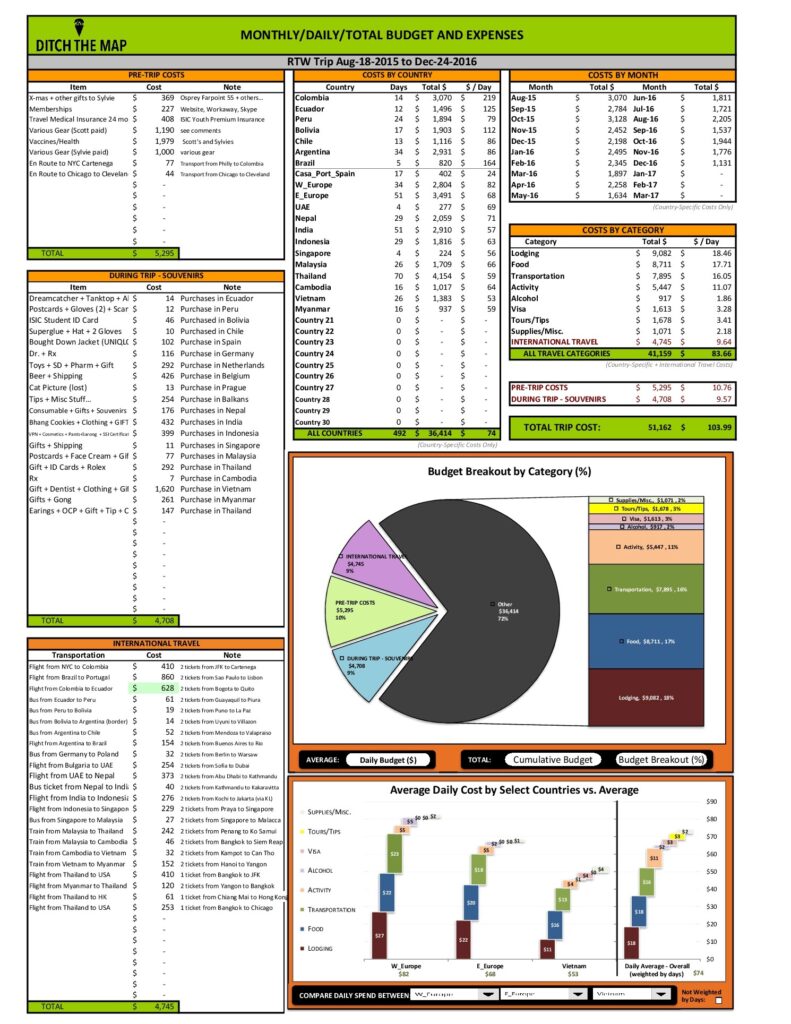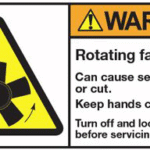Embarking on a journey to live in Europe is an exciting prospect, filled with opportunities for cultural immersion, personal growth, and new experiences. However, before you pack your bags and say “bonjour” or “ciao,” it’s crucial to understand the financial implications of this life-changing decision. The cost of moving to Europe can vary dramatically depending on factors like your chosen destination country, desired lifestyle, and individual needs.
This comprehensive guide will delve into the various expenses associated with relocating to Europe, providing you with a detailed breakdown to help you plan your budget effectively. We’ll explore visa fees, flight and shipping costs, housing deposits, essential setup expenses, and more, empowering you to make informed financial decisions as you navigate this exciting transition.
Moving to Europe Costs
The overall cost of moving to Europe can range from several thousand to tens of thousands of dollars, depending on the factors mentioned above. A budget-conscious move might cost around $5,000-$10,000, while a more luxurious relocation could easily exceed $20,000 or even $50,000.
One of the most significant expenses is housing. Rent and property prices vary greatly across Europe, with major cities like London, Paris, and Amsterdam commanding significantly higher costs than smaller towns or rural areas. Researching average rental rates in your desired location is essential for budgeting purposes.
Beyond housing, consider the cost of living, including groceries, transportation, utilities, healthcare, and entertainment. These expenses can fluctuate depending on your lifestyle choices and the specific country you choose to call home.
Visa Fees for European Relocation

Securing the appropriate visa is a crucial step in moving to Europe. Visa fees vary depending on your nationality, the type of visa you require, and the processing time.
For example, a Schengen visa, which allows for short-term stays within the Schengen Area (26 European countries), typically costs around €80. Long-term visas, such as those for work or study, may involve higher fees, ranging from hundreds to thousands of euros.
It’s essential to research the specific visa requirements and associated fees for your intended destination country well in advance of your planned move.
Flight and Shipping Expenses
The cost of flights to Europe depends on your departure location, time of year, and airline choices. Booking flights in advance and considering budget airlines can often help reduce expenses.
Shipping your belongings to Europe can be a significant expense, depending on the volume and weight of your possessions. Researching international shipping companies and obtaining quotes is essential for accurate budgeting.
Housing Deposits in Europe

In many European countries, landlords require security deposits, typically equivalent to one or two months’ rent. This deposit is held by the landlord as a guarantee against potential damages or unpaid rent.
It’s important to understand the terms and conditions surrounding security deposits before signing a lease agreement.
Essential Setup Costs
Once you arrive in Europe, there will be various essential setup costs to consider. These include:
Utilities Connection Fees
Connecting utilities such as electricity, gas, water, and internet can involve initial connection fees.
Public Transportation Passes
Depending on your location, purchasing public transportation passes or registering for a local transport system may be necessary.
Health Insurance
Securing health insurance coverage is crucial for residents of Europe. Researching different health insurance plans and obtaining quotes is essential for budgeting purposes.
Conclusion
Relocating to Europe can be an enriching and rewarding experience, but it’s important to approach the financial aspects with careful planning and consideration. By understanding the various costs involved, from visa fees and flight expenses to housing deposits and essential setup costs, you can create a realistic budget and ensure a smooth transition to your new European home. Remember to research thoroughly, compare prices, and seek professional advice when needed to make informed financial decisions throughout your relocation journey.



